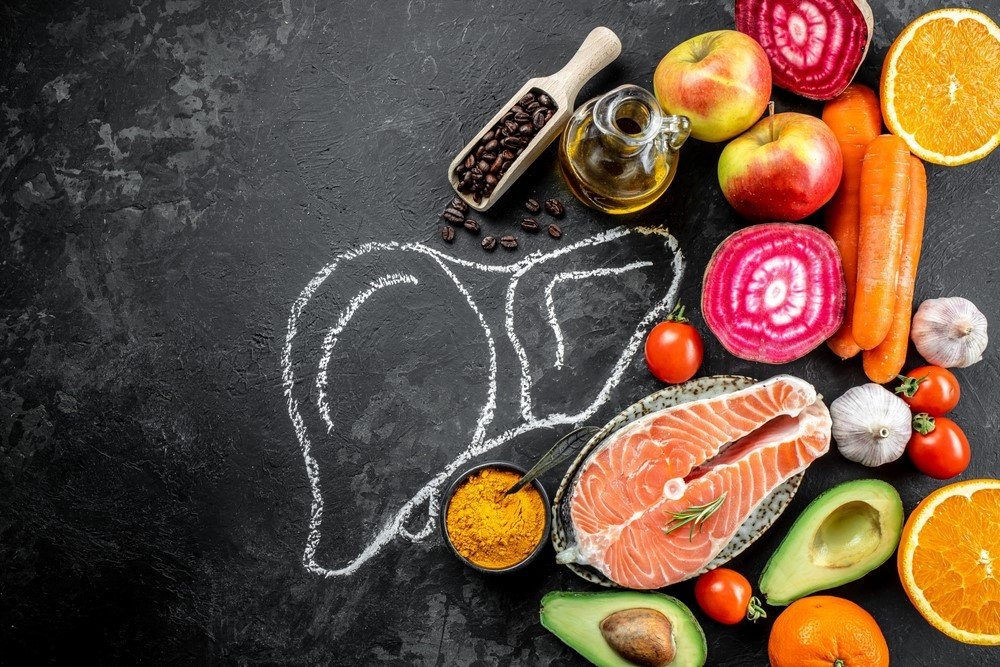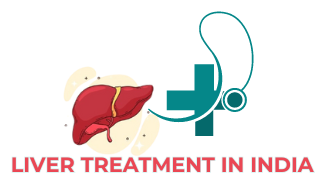Importance of Nutrition Management In Liver Cirrhosis
Dietary guidelines typically focus on reducing strain on the liver while providing adequate nutrition for liver cirrhosis patients. Here are some general recommendations:
Dietary Guidelines for Liver Cirrhosis Patients
Thyroid disease is when something is wrong with the thyroid gland in your neck. This gland makes hormones that help your body work properly. There are five different types of thyroid disease, and each one has its own symptoms. Some people may have more than one type at the same time. The most common types are when the thyroid gland is not working enough (hypothyroidism) or too much (hyperthyroidism). Other types include when the thyroid gland is bigger than normal (goiter), when there are tumors (which can be cancerous or not), or when the thyroid gland is not working right but there are no symptoms (subclinical hypothyroidism or subclinical hyperthyroidism). In this blog, we will discuss various ways to managing thyroid disorder and thyroid related liver issues in a more in-depth manner.
Limiting Sodium Intake to Manage Fluid Retention and Ascites
The liver plays a crucial role in maintaining the balance of water and sodium in the body. In cases of cirrhosis, the liver may lose this ability, resulting in fluid retention. This can lead to swelling in the feet and legs (edema) and accumulation of fluid in the abdomen (ascites). The presence of ascites can cause abdominal discomfort and make eating uncomfortable due to bloating. Fluid retention is typically treated with diuretics (also known as water pills) and, in some cases, by draining fluid from the abdomen through a procedure called paracentesis. Your healthcare provider may also recommend reducing your salt intake, such as by following a low-sodium diet. If you are reducing your salt intake, it is crucial to consult with a registered dietitian to receive guidance on which foods to include in your diet and which ones to avoid. Certain foods may contain higher levels of salt than anticipated, so it is important to be informed and make the right choices for your health.
Moderating Protein Intake to Prevent Hepatic Encephalopathy
Liver cirrhosis can impair the liver’s ability to process protein, potentially leading to the accumulation of toxic byproducts. Moderating protein intake can help alleviate the strain on the liver and reduce the risk of hepatic encephalopathy, a condition characterized by cognitive impairment and mental confusion. Protein is an important nutrient for patients with liver disease, but it’s important to consume the right amount and the right types of protein. Working with a healthcare provider or dietitian can help patients with liver disease make informed decisions about their protein intake and maintain a healthy, balanced diet.
Ensuring Adequate Calories to Prevent Malnutrition and Muscle Wasting
Liver cirrhosis can lead to malnutrition and muscle wasting due to the body’s decreased ability to store and utilize nutrients. Ensuring an adequate calorie intake is essential to prevent these complications. A balanced diet that provides sufficient calories can help maintain muscle mass and prevent malnutrition, supporting overall health and immune function. Here are some tips you can incorporate for adequate calories intake:
- Eat small, frequent meals throughout the day
- Choose nutrient-dense foods (e.g. whole grains, fruits, vegetables)
- Limit intake of sugary drinks and snacks
- Aim for 1.2-1.5 grams of protein per kilogram of body weight
- Monitor fluid intake to avoid excess consumption
Nutrient Recommendations for Liver Cirrhosis Patients

it is important to follow a balanced and healthy diet for liver cirrhosis patients to support liver function and overall health. Here are some general nutrient recommendations for liver cirrhosis patients:
Importance of Consuming High-Quality Protein Sources
In order to meet the good nutrition for liver cirrhosis patients, the first priority is to consume high-quality proteins. These proteins should be sourced from lean meats, poultry, fish, eggs, dairy products, and plant-based options such as legumes and nuts. High-quality proteins provide essential amino acids necessary for tissue repair, immune function, and maintaining muscle mass. However, moderation in protein intake is also advisable to prevent excessive strain on the compromised liver function. Additionally, It’s a common misconception that patients with liver disease can’t get enough protein from plant-based sources. There are many plant-based protein sources that are high in protein and can be incorporated into a healthy, balanced diet. Some examples include lentils, chickpeas, tofu, tempeh, and quinoa.
To boost your protein intake, consider incorporating the following foods into your diet:
– Beans and legumes like lentils, kidney beans, or baked beans
– Nuts like almonds or walnuts
– Eggs, cheese, and other dairy products
– Fish such as cod, salmon, tuna (tinned or fresh), sardines, or mackerel
– Meats like turkey, chicken, lean cuts of beef, pork, and lamb
Incorporating Healthy Fats such as Omega-3 Fatty Acids
Omega-3 fatty acids play a significant role in supporting liver health for patients with cirrhosis due to their potential benefits:
- Anti-Inflammatory Properties : Omega-3 fatty acids help reduce liver inflammation in cirrhosis.
- Liver Fat Reduction : Research suggests that omega-3 fatty acids may help reduce fat accumulation in the liver
- Cardiovascular Health : Cirrhosis increases cardiovascular risk. Omega-3s help lower risks and benefit heart health.
Incorporating omega-3 fatty acids into the diet, either through specific foods or through supplementation, may be a supportive measure for individuals with liver cirrhosis. However, it’s essential for patients to discuss the inclusion of omega-3 fatty acids with their healthcare providers to ensure that it aligns with their overall treatment plan and to determine the most appropriate sources and dosage tailored to their individual health needs.
Increasing Intake of Fiber-Rich Foods for Digestive Health
It is important to have fiber rich diet for liver cirrhosis patient to support digestive health. Fiber aids in maintaining regular bowel movements and can help prevent constipation, which is common in individuals with liver disease. Additionally, fiber-rich diet for liver cirrhosis patients such as fruits, vegetables, whole grains, and legumes may help promote a healthy gut microbiota and support overall gut health, which is particularly important for individuals with liver cirrhosis.
Fluid Management and Hydration Strategies
Fluid management and hydration strategies are helpful for liver cirrhosis patients as they can help in preventing complications and improving overall health. In liver cirrhosis, there is an imbalance in fluid accumulation in the body, leading to conditions such as ascites and edema. Proper fluid management can help in reducing the risk of these complications. It is recommended for patients to work closely with healthcare providers to develop a personalized plan that meets their individual needs.
Monitoring Fluid Intake to Prevent Fluid Overload and Edema
It’s important to monitor your fluid intake to prevent fluid overload and edema, especially if you have conditions such as liver cirrhosis. Tracking the amount of fluids you consume each day, including water, juices, and other beverages, can help you maintain a balanced fluid level in your body. This can be crucial in managing symptoms such as swelling and discomfort due to edema.
Choosing Beverages Wisely to Avoid Excessive Fluid Retention
Being mindful of the types of beverages you consume is essential to avoid excessive fluid retention. Opt for hydrating options that are low in added sugars and sodium. Water remains the best choice, but you can also include herbal teas, coconut water, and diluted fruit juices. Avoid or limit intake of sugary drinks, caffeinated beverages, and alcoholic drinks, as they can contribute to excessive fluid retention and impact your overall fluid balance. This can help you and your healthcare provider better understand your fluid balance and make necessary adjustments to your intake to prevent fluid retention and associated complications.
Nutrition plays a crucial role in managing symptoms and diet for liver cirrhosis. By following a balanced diet rich in nutrients, individuals with this condition can improve their quality of life and potentially slow down the progression of the disease. By incorporating a well-balanced diet rich in nutrients and seeking guidance from your familiar liver expert doctor, individuals can effectively manage their condition and support liver function. Remember, early intervention and proper nutrition are key in the treatment of liver cirrhosis. For comprehensive care and access to best liver transplant hospital in India, consider exploring our advanced liver treatment in India team. Your health is priceless, and with the right support, you can take steps towards a healthier future.

